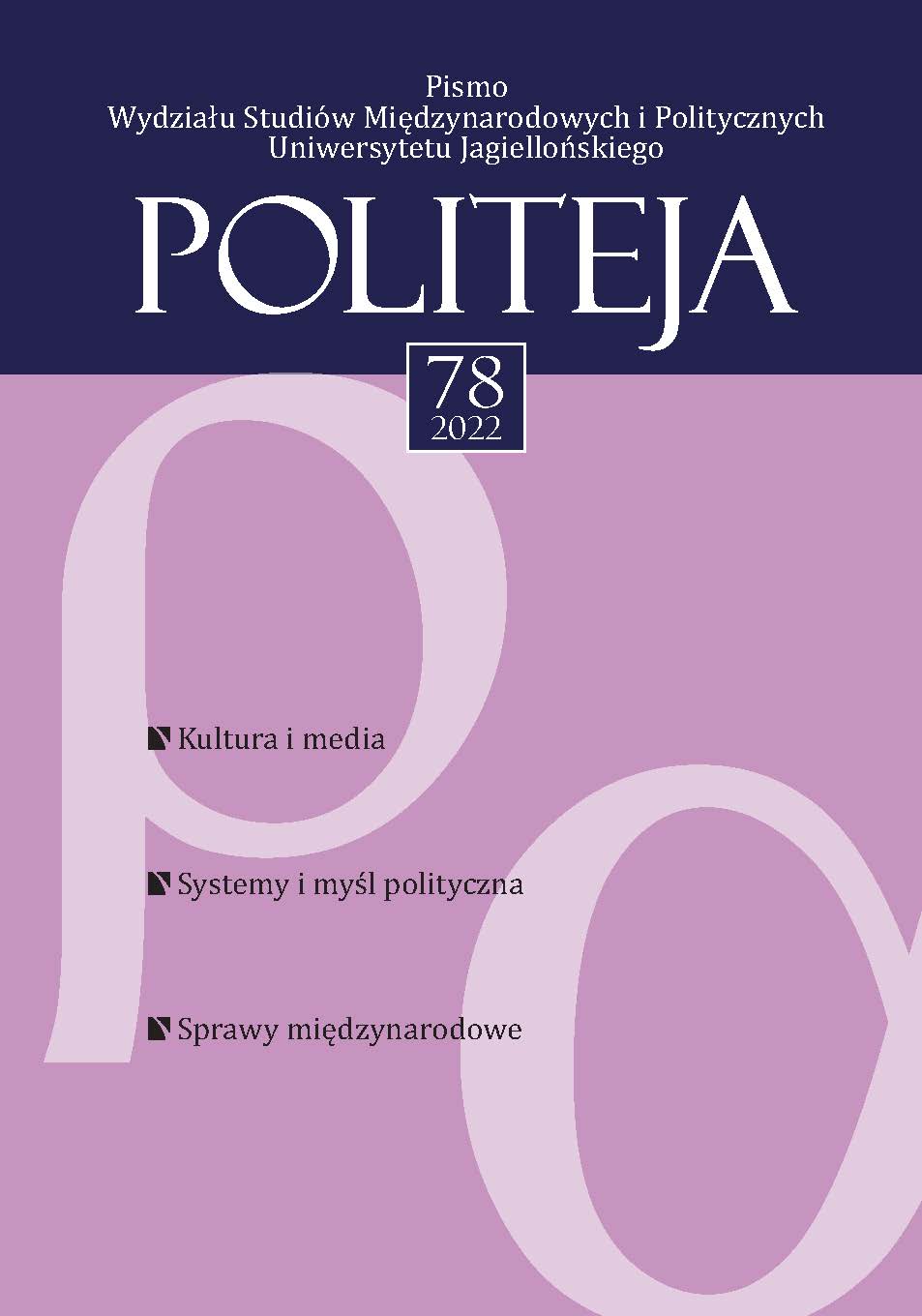Tożsamość vs uniformizacja (współczesna literatura rosyjska – studium dwóch przypadków)
Identity vs Uniformization (Contemporary Russian Literature – Study of Two Cases)
Author(s): Katarzyna DudaSubject(s): Politics / Political Sciences, Social Sciences, Language and Literature Studies, Studies of Literature, Russian Literature, Sociology of Culture
Published by: KSIĘGARNIA AKADEMICKA Sp. z o.o.
Keywords: identity; culture; tradition; human relationships; religion; nature
Summary/Abstract: The aim of the following article is to consider expressions such as “identity” and “uniformization” which are often used in Russian philosophy as well as in contemporary Russian fiction. Two well-known novels translated into Polish language: “Medea and her Children” by Ludmyla Ulitzkha and “Duchless. A Story about Unreal Man” by Sergiey Minayev were chosen as examples. The first of them takesplace in the 1970’s, whereas the second one is set in the present day. In both cases identity is considered in the context of human relationships and the attitude to other people and at the same time to culture and tradition. Identity is usually based on certain determinants. These are: faith in God, the respect for different confessions, proximity to the nature, care for preservation of heritage including memory about the past and native language. Medea follows this hierarchy of values in her life. The identity of an anonymous hero of Minayev’s book was destroyed by globalizing processes, uniformization, boredom and by addiction to the Internet.
Journal: Politeja - Pismo Wydziału Studiów Międzynarodowych i Politycznych Uniwersytetu Jagiellońskiego
- Issue Year: 19/2022
- Issue No: 78
- Page Range: 5-16
- Page Count: 12
- Language: Polish

